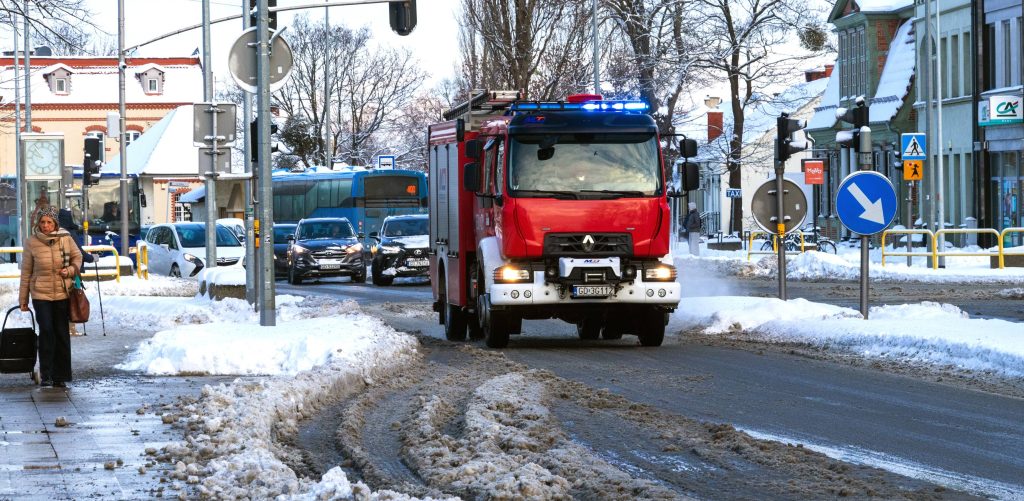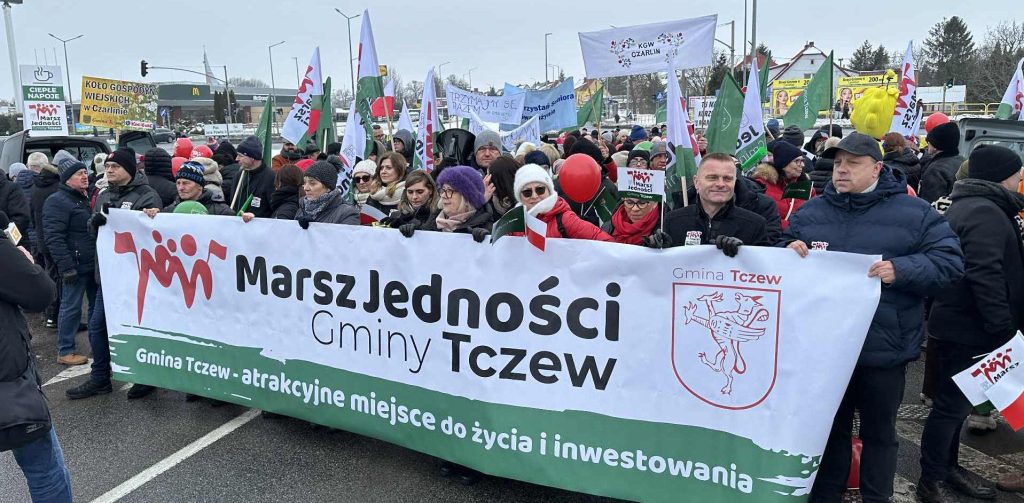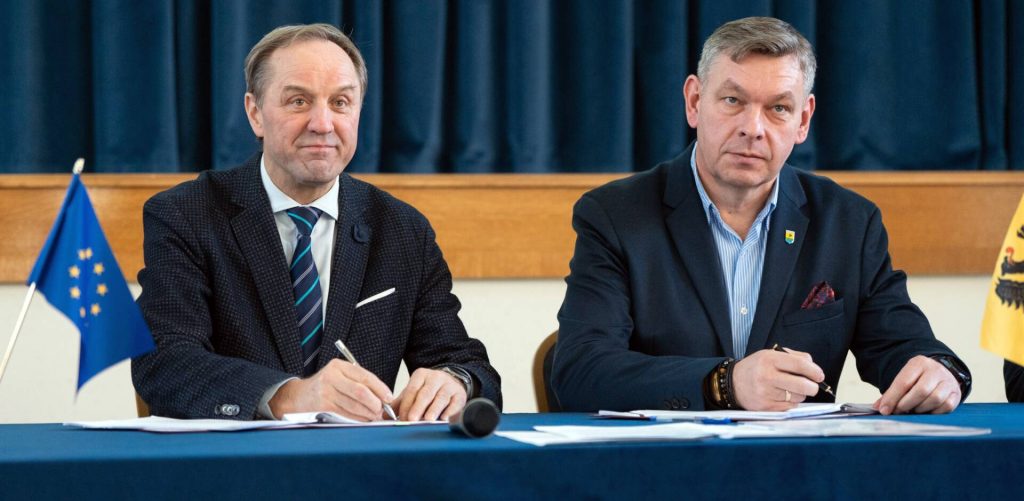Restrictions have been boosted across Europe this week as the continent suffers a painful second wave of coronavirus.
France, which has been among the worst affected European nations, yesterday imposed an overnight curfew on Paris and several other major cities. Residents of nine French cities will be obligated to remain indoors between the hours of 9pm and 6am for at least the next four weeks.
A state of emergency was also declared as France’s President Emmanuel Macron announced the curfew Wednesday. In the preceding 24 hours, France reported just short of 23,000 new coronavirus infections.
Elsewhere in Europe, the Netherlands has now entered a partial lockdown with shopping hours restricted and bars and restaurants closing. In Spain, the region of Catalonia has introduced similar measures.
The UK has this week introduced a system of localised lockdowns with some major cities like Liverpool now largely shut down. But many in that country say local measures are not enough and the opposition Labour party is now calling for a so-called circuit-breaker lockdown; a short but strict two week lockdown with the hope of cutting off virus transmition.
European Union leaders are meeting today in Brussels where they’re expected to discuss the pandemic, as well as other issues, including the distribution of a vaccine across the continent in the coming months.
Poland has also been feeling a worrying second wave of the pandemic, with daily case numbers yesterday surpassing 6.5 thousand, a new record. It brings the total number of cases in the country to 141,000; 3,217 of which have died.
The worst hit areas continue to be in the south of Poland around Krakow and in the region of Silesia, as well as the province of Masovia, home to the capital Warsaw. Cases have been rising rapidly in Pomerania, though, and there has been speculation that Gdansk and Gdynia could be declared high-risk 'red-zones’ later today. The Minister of Health is expected to make an statement sometime this afternoon announcing the move.
Under red-zone restrictions, social distancing rules would be stepped up, with no audiences at sporting events, public transport vehicles limited to 30% of normal capacity, restaurants closed at 10pm.
Sopot and several rural counties in the region are already classed as 'red-zones’.
The International Monetary Fund has said it expects the Polish economy to shrink by 3.6% this year.
According to new economic figures, Polish GDP is set to fall sharply in 2020 as a result of the pandemic, but is likely to rebound in 2021, growing by 4.6%.
It’s a more positive outlook than estimates earlier this year which foresaw a slower recovery from the economic shock of coronavirus.
The Polish online supermarket Allegro has broken records on its first day on the stock market, becoming the largest public company in Poland.
Allegro, an emerging e-commerce heavyweight in Poland, made its initial public offering on Monday. Within hours of opening, share prices for the firm had rocketed from 43zł to 71zł.
By end-of-day, Allegro had seen its value shoot up to 66 billion złoty, overtaking gaming giant CD Projekt to become the largest listed company on the Warsaw Stock Exchange.
Allegro, which mainly operates inside Poland, has grown rapidly in recent years and has been looking at plans to expand into international markets.
Storms rattled Tricity yesterday as a massive weather front makes its way across Europe, stretching from the Mediterranean to the Baltic.
From Tuesday night through Wednesday morning, firefighters in Tricity were called out more than 50 times as trees blocked roads and even brought down a tram traction line in Oliwa.
Today’s forecast looking somewhat better though rain and gusty winds are set to continue though the day.
Highs today of 11°C, that’s 52°F.
Thomas Holdstock/ako






